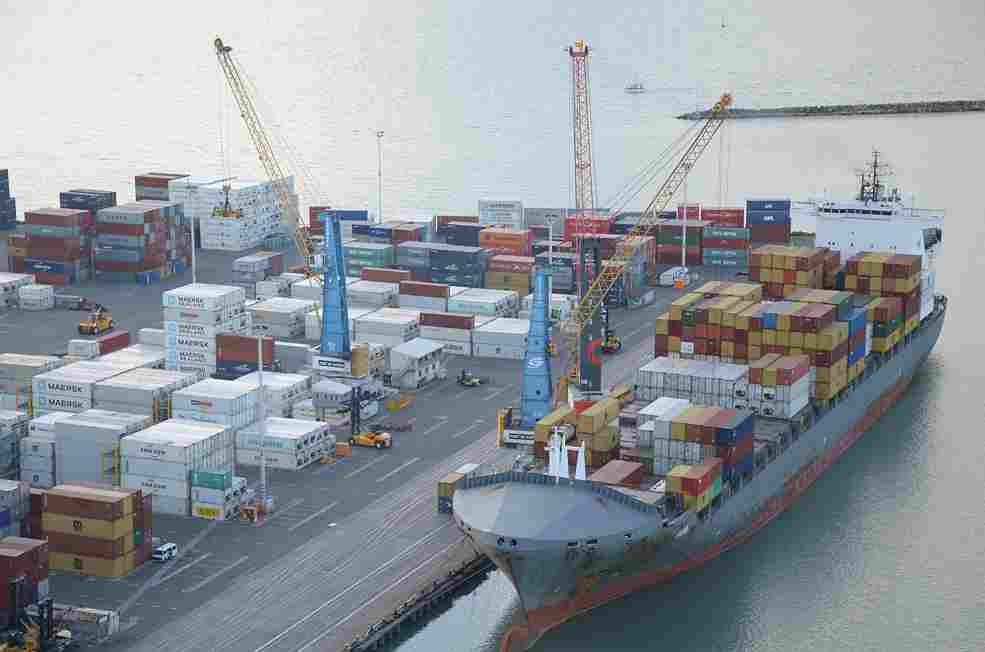
Impact of Seasonal Variations on Bunker Fuel Properties
Introduction
The properties of bunker fuel, which is essential for powering marine vessels, can be significantly influenced by seasonal variations. These changes impact fuel quality, handling, combustion performance, and ultimately the operational efficiency of ships. Understanding the effects of seasonal variations on bunker fuel properties is crucial for maritime operators to ensure optimal fuel management, maintain engine performance, and comply with environmental regulations. This article explores how different seasons affect bunker fuel properties, the challenges posed by these variations, and strategies to mitigate their impact.
Seasonal Variations and Bunker Fuel Properties
Temperature Influence on Fuel Viscosity
One of the primary effects of seasonal variation is temperature change, which directly impacts the viscosity of bunker fuel:
- Cold Weather Effects: In colder climates and during winter months, lower temperatures increase the viscosity of bunker fuel. High viscosity can hinder fuel flow, complicate pumping, and affect atomization during combustion.
- Warm Weather Effects: Conversely, higher temperatures during summer reduce fuel viscosity, potentially causing handling and storage issues due to increased evaporation rates and the risk of fuel leakage.
Density and Specific Gravity
Temperature variations also affect the density and specific gravity of bunker fuel:
- Density Changes: As temperature drops, the density of the fuel increases. This can alter the energy content per unit volume and affect fuel metering systems designed to measure fuel flow based on volume rather than mass.
- Impact on Fuel Management: Accurate density measurements are essential for proper fuel management and combustion efficiency. Seasonal variations necessitate frequent adjustments to fuel delivery systems to maintain optimal performance.
Water and Sediment Content
Seasonal weather conditions influence the water and sediment content in bunker fuels:
- Increased Water Content: During rainy seasons or in humid climates, the risk of water contamination in fuel storage tanks increases. Water ingress can lead to microbial growth, corrosion, and fuel emulsification, negatively impacting engine performance.
- Sediment Accumulation: In colder months, the increased viscosity and potential for wax formation can cause sediments to settle at the bottom of storage tanks, requiring more frequent filtration and tank cleaning.
Wax Formation
Wax formation in bunker fuel is a significant concern in cold weather:
- Wax Precipitation: At lower temperatures, paraffinic components in the fuel can crystallize and form wax, which can clog filters, strainers, and fuel lines.
- Cold Flow Improvers: To mitigate wax-related issues, cold flow improvers or additives may be required to keep the fuel flowing smoothly at lower temperatures.
Combustion and Engine Performance
Ignition Quality
Seasonal variations affect the ignition quality of bunker fuel, primarily through changes in the cetane number:
- Cold Weather Impact: Higher viscosity in cold weather can delay fuel atomization and ignition, leading to incomplete combustion, increased emissions, and potential engine knocking.
- Warm Weather Impact: Lower viscosity in warmer months generally improves atomization and ignition, enhancing combustion efficiency and reducing emissions.
Calorific Value
The calorific value, or energy content, of bunker fuel can also vary with temperature:
- Temperature Influence: While the intrinsic energy content per unit mass remains constant, the volumetric energy content can change due to density variations. This affects the amount of energy delivered to the engine per unit volume of fuel consumed.
Environmental and Regulatory Implications
Emissions Control
Seasonal variations in bunker fuel properties can influence emissions:
- Cold Weather Emissions: Incomplete combustion due to higher viscosity in cold weather can lead to increased emissions of particulate matter (PM), unburned hydrocarbons (HC), and carbon monoxide (CO).
- Warm Weather Emissions: Improved combustion in warmer temperatures can reduce these emissions, but higher temperatures can increase nitrogen oxides (NOx) formation due to higher peak combustion temperatures.
Compliance with Regulations
Adherence to environmental regulations such as the IMO 2020 sulfur cap and other regional emissions standards can be affected by seasonal variations:
- Fuel Switching: Ships often switch between different grades of bunker fuels (e.g., from heavy fuel oil to low-sulfur fuel oil) based on availability and regulatory requirements. Seasonal variations necessitate careful management during such transitions to avoid compliance issues.
- Additive Use: Seasonal changes may require the use of additives to maintain fuel stability, reduce emissions, and ensure compliance with environmental standards.
Strategies to Mitigate Seasonal Impact
Fuel Management Practices
Effective fuel management practices are essential to mitigate the impact of seasonal variations:
- Regular Monitoring: Continuous monitoring of fuel properties such as viscosity, density, water content, and sediment levels is crucial to adjust handling and combustion systems accordingly.
- Temperature Control: Maintaining appropriate fuel storage temperatures through heating or cooling systems can help manage viscosity and prevent wax formation.
Additives and Treatments
Using additives and treatments can enhance fuel performance across different seasons:
- Cold Flow Improvers: Additives designed to lower the pour point and prevent wax formation are beneficial during colder months.
- Stabilizers and Biocides: Fuel stabilizers and biocides can prevent microbial growth and maintain fuel quality in humid conditions.
Technological Solutions
Advancements in technology provide tools to manage the effects of seasonal variations:
- Automated Systems: Automated fuel management systems can adjust fuel handling parameters in real-time based on monitored data, ensuring optimal performance regardless of seasonal changes.
- Advanced Filtration: Improved filtration technologies can effectively remove water and sediments, maintaining fuel cleanliness and preventing engine damage.
Conclusion
Seasonal variations significantly impact bunker fuel properties, affecting viscosity, density, water content, wax formation, and ultimately the combustion performance and environmental compliance of marine vessels. By understanding these effects and implementing robust fuel management practices, using appropriate additives, and leveraging technological solutions, maritime operators can mitigate the challenges posed by seasonal changes. Ensuring optimal fuel performance throughout the year is essential for maintaining engine efficiency, reducing emissions, and complying with regulatory requirements, thereby supporting the sustainability and reliability of the global shipping industry.





